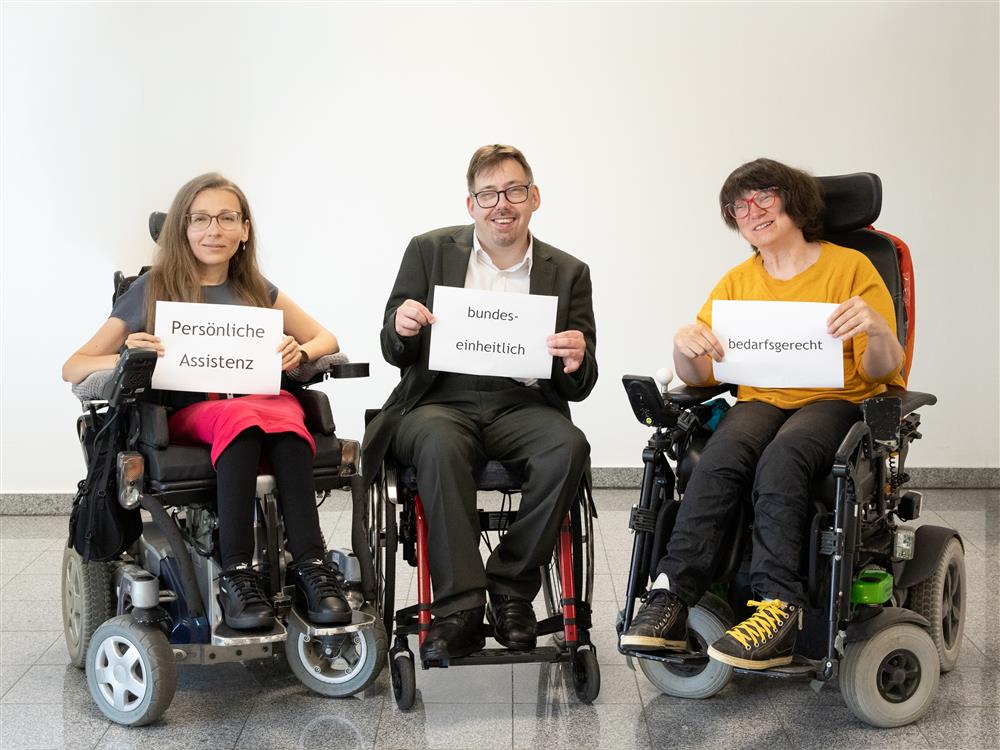Facilitating personal assistance service provision to persons with disabilities
- Solution
- Cooperative personal assistance model in Austria
- Organization
- WAG Assistenzgenossenschaft
- Country of Implementation
- Austria
- Region
- Europe
- Subregion
- Western Europe
- Start Year
- 2002
- First published
- 10.02.2023

Solution details
“People with disabilities run the WAG competently. This is how we have made personal assistance a model for success.” Jasna Puskaric, Executive Director, WAG Assistenzgenossenschaft
In 2002 WAG Assistenzgenossenschaft, a Vienna-based non-profit cooperative constituted by persons with disabilities, developed a personal assistance (PA) service model that enables beneficiaries to choose how, where, when, and by whom the service is provided. WAG supports the matchmaking process and acts as employer of the assistants. In 2021 some 401,552 hours of PA were purchased by persons with disabilities. Between 2021 and 2022 the number of PA employed by WAG has grown from 656 to 685.
Problems Targeted
It can be complicated and time-consuming for persons with disabilities to find, employ, and manage a personal assistant.
Solution, Innovation and Impact
WAG connects persons with disabilities with individuals offering personal assistance services and manages all aspects of their employment. By becoming the personal assistant’s legal employer, WAG reduces the administrative burden for the service user. The 100 per cent disability-led cooperative takes care of tasks such as drawing up the employment contract and handling payroll. WAG also steps in to support the service user in case of conflict with the assistant. WAG peer counsellors, who are all persons with disabilities, are also available to provide service users with advice on all aspects of PA, such as what amount of support they might need and how to finance it. In 2021 service users benefitted from more than 400,000 hours of PA through WAG, even during the height of the COVID pandemic. As of August 2022, a total of 685 personal assistants have been employed by WAG.
Funding, Outlook and Transferability
Individual service users pay WAG directly for the PA services, either using private funds or financial assistance provided by the government. In contrast to PA in everyday life, services provided by the programmes PA at the Workplace (PAA) and PA for Educational Institutions (PAB) are covered directly by the Federal Ministry of Social Affairs or provincial education departments. WAG plans to step up its efforts to lobby the federal government to implement a country-wide framework for the needs-based financing of PA services, as each federal state in Austria applies its own policies. Activities include meetings with politicians, advisory activities for committees, and the design of guidelines with the Federal Ministry.
Media
Related information
- Connections
- 2
-
Organization
- People